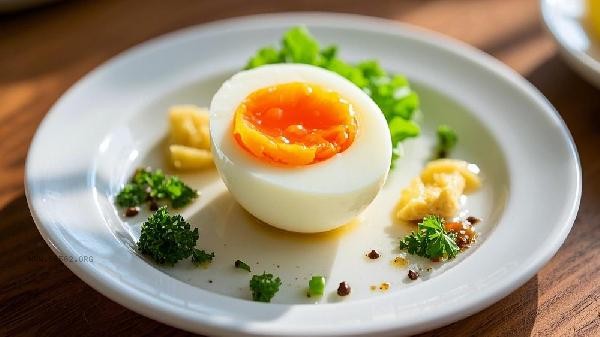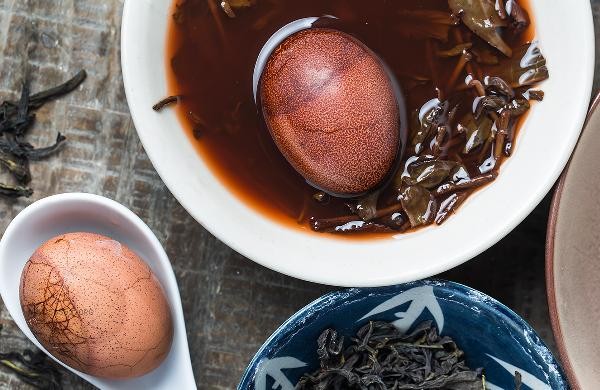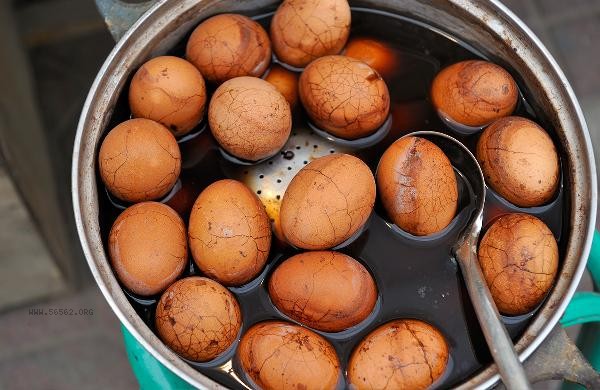Tea egg can generally replace boiled eggs to help lose weight, but attention should be paid to controlling sodium intake. The heat and protein content of Tea egg are similar to those of boiled eggs, but the salt and spice content of Tea egg may be increased due to the brine processing.

There is little difference in the core nutrients between Tea egg and boiled eggs. Every 100 grams of eggs contains about 13 grams of high-quality protein and 9 grams of fat, with calories between 140 and 150 kcal. The proportion of macro nutrients in eggs will not be significantly changed during the brine processing, but the sodium content of Tea egg may be increased due to soy sauce, anise and other spices. Short term consumption has little effect on weight loss, but long-term high salt diet may cause problems such as edema and blood pressure fluctuations, indirectly interfering with the weight loss process.

Some commercially available Tea egg may have been stewed for a long time and repeatedly heated, resulting in excessive shrinkage of protein structure and affecting digestion and absorption rate. When making Tea egg, you can reduce the amount of soy sauce, avoid adding sugar, and control the stewing time within 2 hours. Special populations such as hypertensive patients and those with abnormal kidney function need to be cautious, and it is recommended to prioritize choosing low salt water boiled eggs.

It is recommended to take Tea egg and boiled eggs alternately during fat reduction to meet the requirements of taste diversity and control sodium intake. Pairing with fresh vegetables and whole grains can balance nutrition and avoid single food substitution. Timely hydration after exercise helps metabolize sodium ions, and regular monitoring of changes in body fat percentage adjusts dietary plans.









Comments (0)
Leave a Comment
No comments yet
Be the first to share your thoughts!